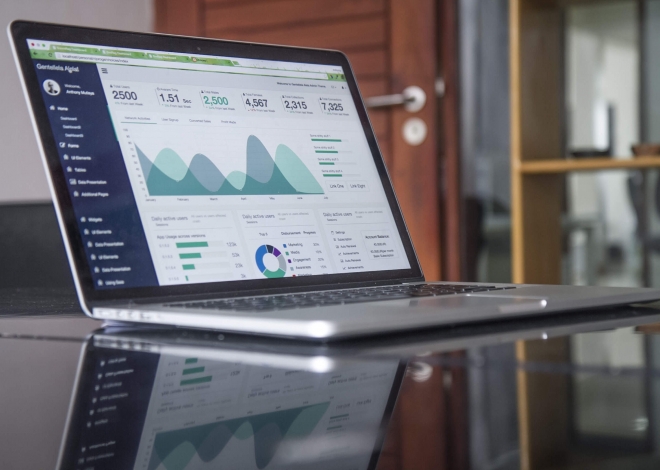1. Bounce Rate
A bounce rate is the percentage of website visitors that leave your site after visiting just one page; this will give your company a good implication of how engaging your content is. If you have a high bounce rate that can mean that your content is not attracting the right customers or not meeting your visitors’ needs.
- Leads
Keep track of how many leads you get from each idea posted on your website or social media channels; doing this, you will be able to see which content has a direct impact on your sales.
- Blog Post Visit
Knowing how many people are reading your blog post, is a good indication to your website traffic; blog post can be a traffic driving tactic. To promote your blog post on your website you can distribute it via social media platforms and when it is emailed out to your email list.
- Returning Visitors
The ratio of returning visitors to total visitors is a key metric to question yourself “Is my content good enough for people to be coming back?” The more visitors coming back to your site means people are interested in your companies’’ website, which could lead to potential customers purchasing your product and/or service.
- Page Speed
Page speed is a crucial factor when users are experiencing your website; Google has designated a site to measure how fast your pages load on mobile and desktop devices.
- Social Shares
Social shares are a great way to measure your content’s reach, with more shares, it makes it more likely that potential customers will see your website. Another great thing about social share is that if people are more likely to share your content, more people will assume your content is worth reading.
- Email Subscribers
Your email subscribers are an important part of your marketing campaign, your business should measure the growth rate of your email list over time. MailChimp can help track your list growth, as well as give you more useful data.
- Cost of Customer Acquisition
The cost of customer acquisition is the amount of time you spend to convince a customer to purchase your product and/or service; this is essential because it tells you the difference between how much can be extracted from a customer and the cost of extracting a customer.
- Landing Page Conversion
The purpose of your landing page is to attract visitors to perform to your call of action such as:
- Subscribe to our newsletter
- Sign up for a free trial
- Fill out a form
Your landing page is one of the first things a visitor sees, make sure it is enticing and makes a potential customer want to check more of your website.
- Pages Per Session
Pages per session indicate on average how deep into a site a visitor goes; a higher page per session shows that visitors are engaged with your content and most importantly are considering to purchase your product and/or service.
- Customer Retention
Acquiring a new customer is less cost effective and more time consuming than retaining an old customer. Higher customer retention will tell you that you are delivering greater value that they cannot find somewhere else, which makes them more satisfied with your product and/or service.
These marketing KPIs are not the only indicators you should be tracking, every business needs to map key performance indicators to the marketing strategy that is structured for their company. Start by using these KPIs that are indicated in the blog, once you feel comfortable and start understanding your target audience more, find the right KPIs for your business to help you find the most meaningful analytics and make a more educated marketing decision.




